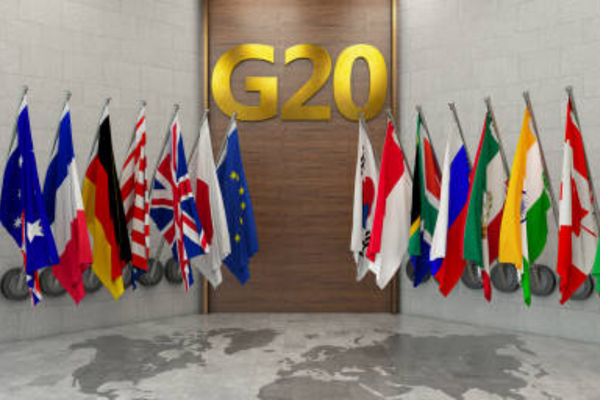At the G20 Summit, the central government of India released two booklets that delve into the country’s historical roots dating back to 6,000 BCE. The booklets, titled “Bharat, The Mother of Democracy” and “Elections in India,” were handed over to dignitaries at the summit, shedding light on various aspects of India’s history such as Akbar and democratic traditions.
One of the booklets, “Bharat, The Mother of Democracy,” highlights the role of Mughal Emperor Akbar in promoting peace and democracy in ancient India. According to the booklet, Akbar introduced the doctrine of “Sulh-i-Kuli,” which advocated universal peace as a means to combat religious discrimination. To foster a harmonious society, he even established a syncretic religion called ‘Din-i-llahi’ or Divine Faith. Additionally, Akbar created the ‘Ibadat Khana’ or House of Worship, where scholars and thinkers from different religious backgrounds convened to engage in debates. A council of nine wise individuals, known as Navaratna, served as his advisors while implementing pro-people initiatives.
The booklet commends Akbar’s democratic thinking as being ahead of its time, emphasizing that India has a long history of valuing the views and will of the people in governance.
However, the praise for Akbar in the G20 booklet has not been without controversy. Rajya Sabha MP Kapil Sibal took a dig at the government, suggesting that it presents one face to the world and another to India. He pointed to the G20 booklet titled “Bharat: The Mother of Democracy,” particularly highlighting the 38th page that discusses Akbar.
The booklet states, “Good administration should embrace everyone’s welfare, regardless of religion. That was the kind of democracy the third Mughal Padishah Akbar practiced.”
Sibal, in a critical comment, stated, “G20 Magazine: Government hails Mughal emperor Akbar as proponent of peace and democracy! One face: For the world another: For India that is Bharat! Please inform us about the real ‘mann ki baat’!”
Sibal’s remark reflects the ongoing debate and political discourse in India surrounding historical figures and their roles in shaping the nation’s past. Akbar’s legacy is a subject of contention in Indian politics, with various interpretations of his rule and policies.
The G20 booklet’s praise of Akbar’s democratic ideals and pursuit of peace reflects the government’s attempt to portray a particular image on the international stage. However, it also serves as a reminder of the complexities and diverse perspectives that shape India’s historical narratives and contemporary political discourse.
